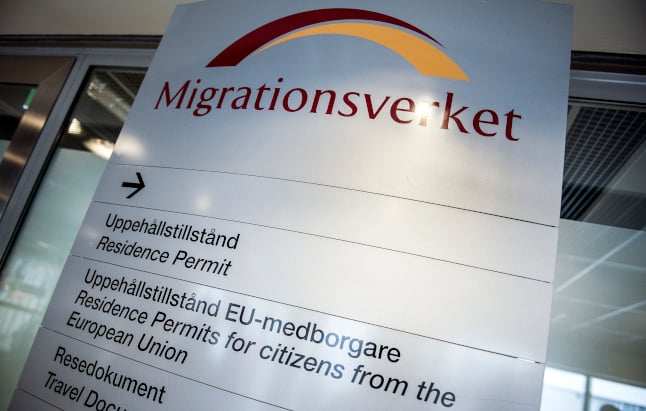Applications opened on December 1st, but a spokesperson for the Migration Agency told The Local that processing only began in January as there was not funding to begin before this.
As of January 29th, the agency had received 5,179 applications and made decisions on just over ten percent. Of those, one was rejected, four written off, and 565 were approved.
The Local asked whether applications were being processed in the order they were submitted, and what application date the agency had reached.
“Generally, we do handle the oldest cases first, but processing might still be faster if an application is complete from the start,” the spokesperson said. “The Migration Agency has primarily communicated that the most important thing to get a decision as soon as possible is to apply electronically and to submit a complete application from the start.”
She said that there had not been any problems so far with the application system, but noted that it was “quite natural” that there may be some further clarifications needed or other issues to be resolved, as the legislation is so new.
Brits who have not yet applied for their permit can do so at any point until September 30th 2021 via the Migration Agency's web page. You do not need to be physically present in Sweden at the time of application, as long as you can prove you had right of residence before December 31st 2020.
One advantage to applying sooner rather than later is that once you have submitted your application, you will receive a letter of confirmation, and can use this if you need to prove your right to live in Sweden – for example if returning to the country after travel overseas.
During the time that British applicants are waiting on a decision, they have the same rights as EU citizens and can continue to live and work in Sweden, as long as they moved before December 31st.
Once an application has been approved, it is necessary to visit one of the Migration Agency's Service Centres to have fingerprints and a photo taken before the residence card can be issued.
Do you have a question about life in Sweden post-Brexit or want to share your experience with the application process? You can contact us at [email protected] with 'Brexit' in the subject line.



 Please whitelist us to continue reading.
Please whitelist us to continue reading.
Member comments